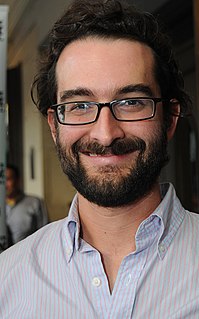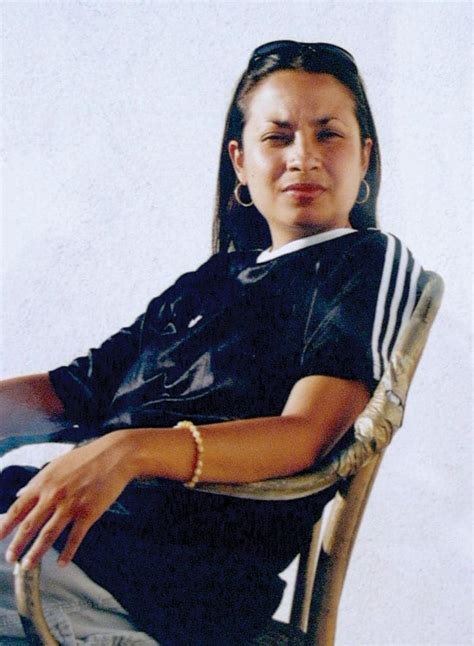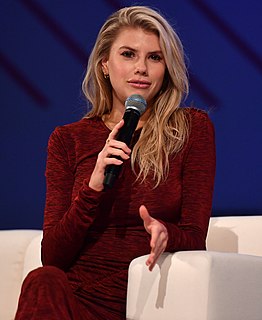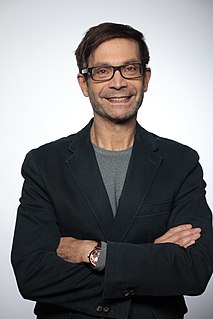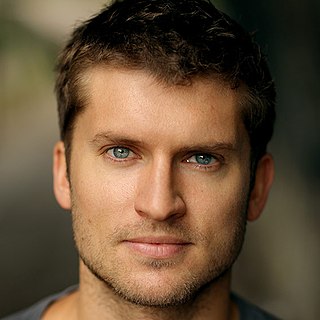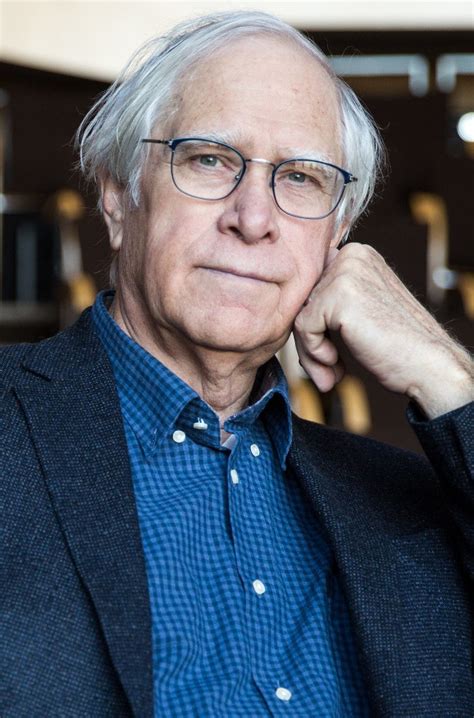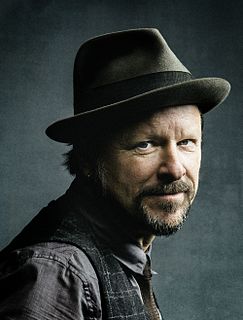A Quote by Jay Duplass
We don't work in the traditional TV format where we're like writing concurrently to shooting. Like, we really view it as a large feature film.
Related Quotes
When you're writing for a game - even if you're using very well known characters like Batman and his villains who lend themselves to many different interpretations - you have to keep in mind that you're writing for a different medium. Things are a bit more straightforward than it is for a feature film or a TV show.
I remember when it was reported that I was going to do the film in this format, people were actually speculating, and I guess I understand it. They were like, "Yeah, okay, that all sounds really great, but why would he do it for a thing that's so set bound?" That's not very profound thinking when it comes to 65mm. It's not just for shooting travelogues, mountain scenery and nature.
There are two worldviews in thriller writing: the paranoid view, like Chuck Logan's, that everything is inside a large clockwork. I like those books; they're intricate and thought out, but my view is that everything is chaotic and stupid. Chaos reigns, and civilized people do what they can to hold it back.
I was at a Madonna show many, many years ago and I was in the sweet spot and she came out and I mean it was the best part of the show. And I was shooting, shooting, shooting, shooting. And I'm like, "God, I must have shot a hundred pictures have I not run out of film?" And I opened the back of my camera and there was no film in there. So that happened to me only once.
